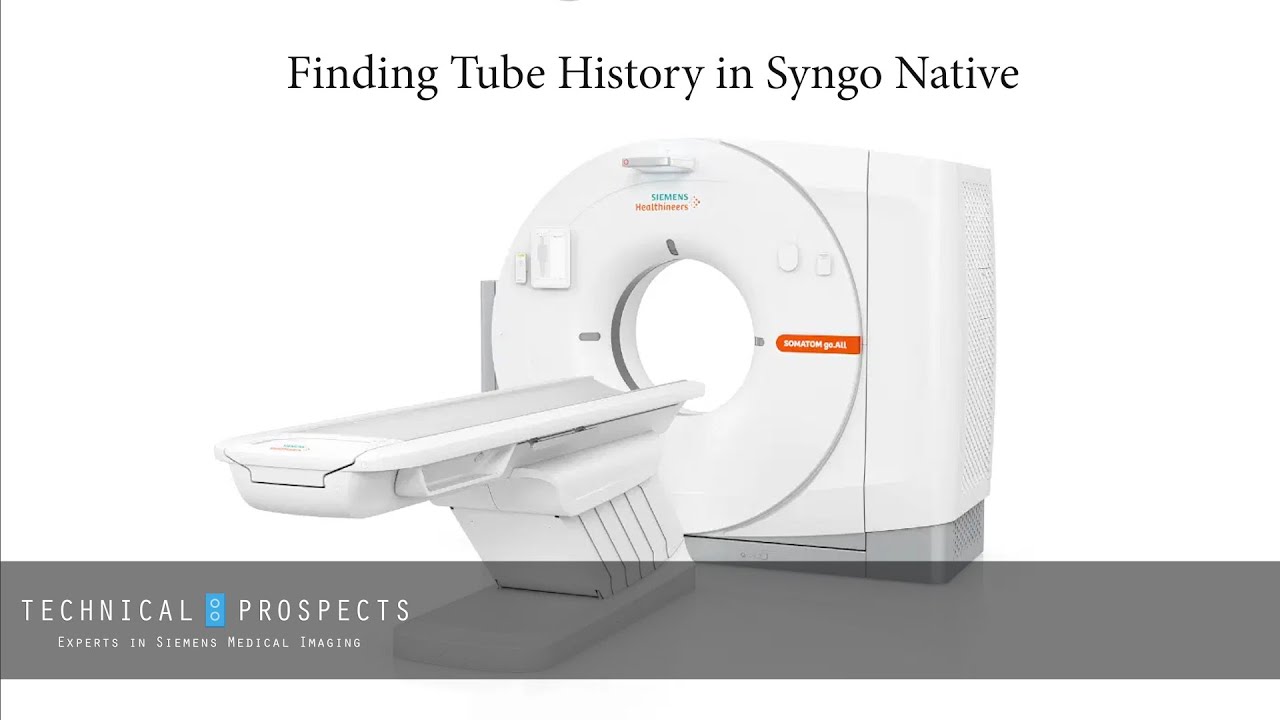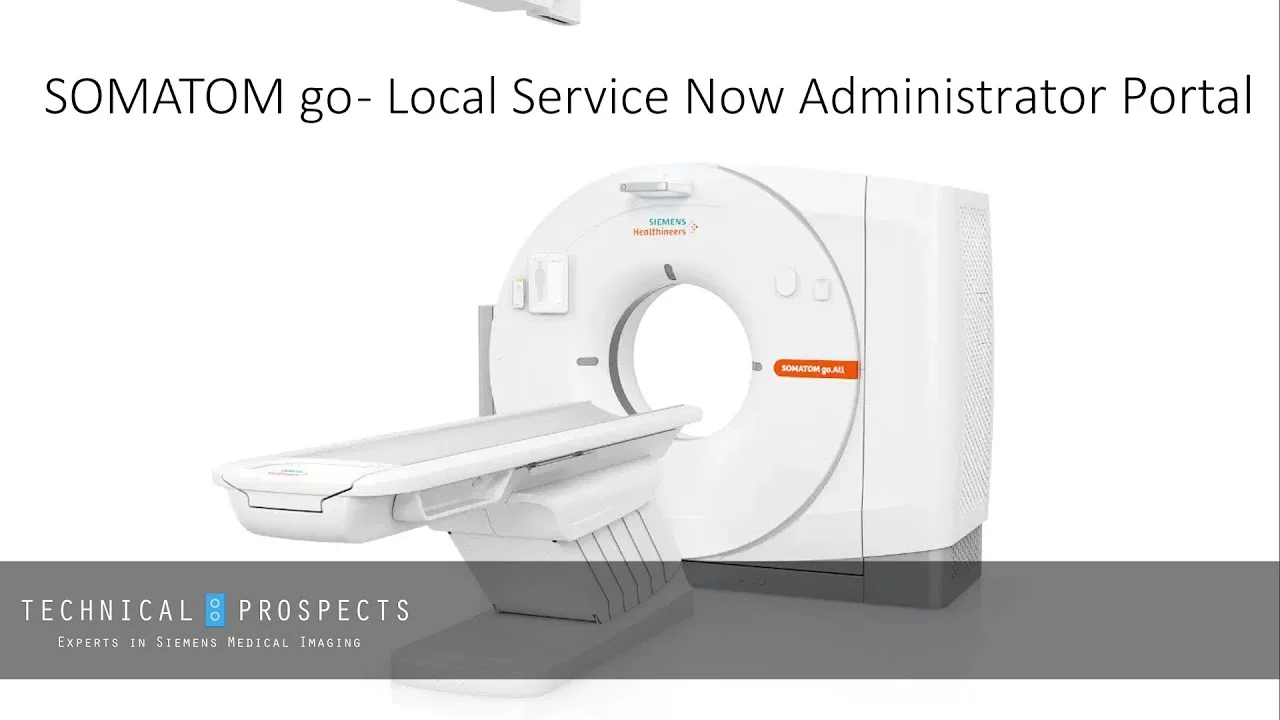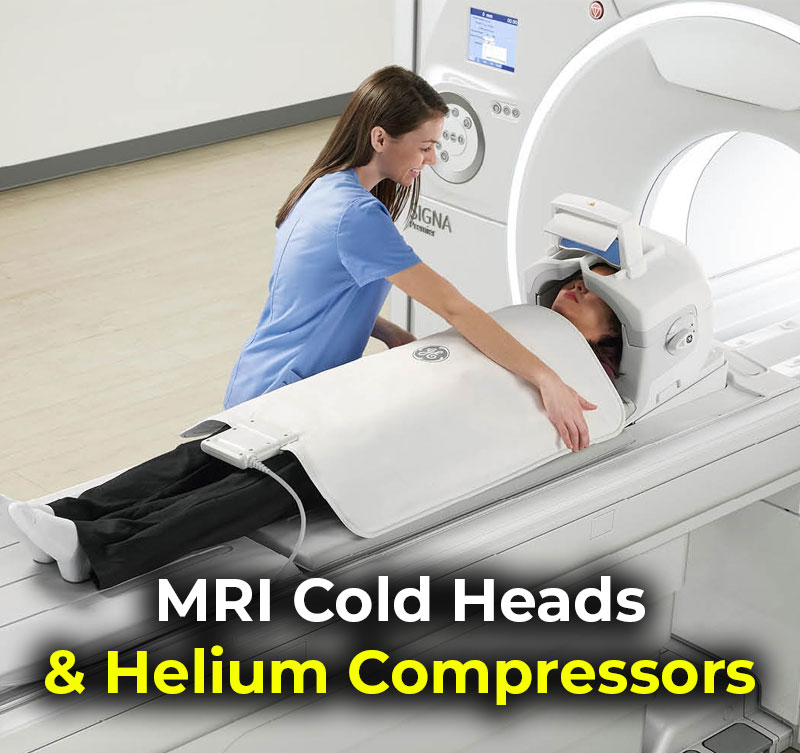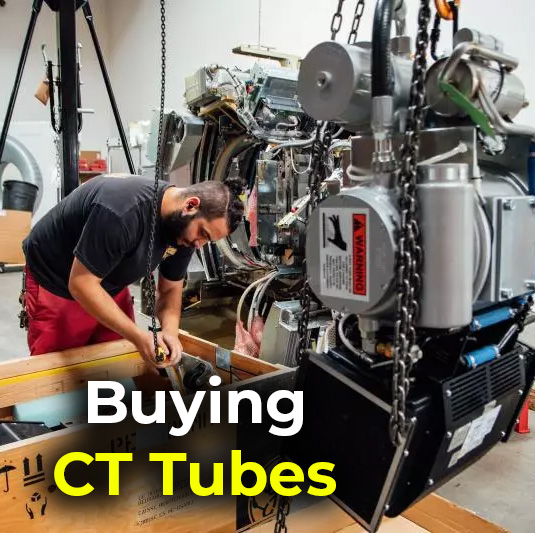In the field of medical imaging, MRI (Magnetic Resonance Imaging) machines are powerful tools that help clinicians diagnose and monitor a variety of health conditions. Among the essential components that keep these machines running smoothly are helium compressors and cold heads. Understanding the function of these components and their interplay is crucial for efficient operation and maintenance of MRI systems.
What is a Helium Compressor?
A helium compressor, as its name implies, is a device that compresses helium gas. In an MRI system, the compressor plays a critical role in the cooling mechanism. MRI machines use superconducting magnets to generate the powerful magnetic field required for imaging. These magnets need to be cooled to very low temperatures (almost absolute zero) to maintain their superconducting state. This cooling is achieved using liquid helium, and the compressor is part of the cooling mechanism that ensures a consistent supply of this super-cold liquid helium.
How Does a Helium Compressor Work with a Cold Head?
The compressor works in tandem with another component known as a cold head, or cryocooler, to maintain the superconducting state of the MRI machine’s magnets.
The helium compressor pumps helium gas into the cold head. Inside the cold head, the helium undergoes a cycle of compression and expansion, which results in a significant drop in its temperature. This process is based on the Joule-Thomson effect, a principle in thermodynamics stating that if a gas expands while maintaining a constant enthalpy, its temperature will decrease.
The super-cooled helium, now in a liquid state, is circulated around the superconducting magnet, cooling it to a very low temperature and maintaining its superconductivity. This ensures that the MRI system can generate the powerful and stable magnetic field necessary for high-resolution imaging.
Maintaining Your Helium Compressor and Cold Head
Proper maintenance of the helium compressor and cold head is crucial for the reliable operation of an MRI machine. Here are some tips:
- Regular Servicing: As with any mechanical device, regular servicing is essential. This includes checking for any abnormal sounds or vibrations, assessing the condition of the seals and valves, and making sure the compressor is delivering the correct pressure.
- Coolant Checks: Ensure the helium level is monitored regularly, and the coolant is topped up when necessary. A low helium level can damage the MRI machine’s magnets.
- Cold head Maintenance: Cold heads have a limited lifespan, typically around 4 to 5 years. Regular replacement before failure can prevent expensive damage to the magnets.
- Temperature Monitoring: Constant monitoring of the system’s temperature is crucial. An increase in temperature can indicate a problem with the cooling system.
- Keep a Log: Keeping a log of all maintenance activities can help spot trends and predict potential issues before they become serious problems.
How DirectMed Can Help
At DirectMed, we understand the importance of maintaining your helium compressor and cold head in top condition. We supply replacement cold heads and parts to ensure your MRIs are operating at their best. We also provide helium refills to ensure the system doesn’t run low, thereby maintaining the cooling cycle’s efficiency.
By diagnosing and addressing potential issues before they become significant, it can help prolong the lifespan of your helium compressor and cold head, ensuring they continue to function effectively for your cooling needs.
Whether you need a one-time part or a regular Helium delivery, DirectMed is here to help you keep your cooling system operating at peak performance.
So, if you need a trusted partner to keep your helium compressors and cold heads running smoothly, don’t hesitate to reach out to DirectMed.









